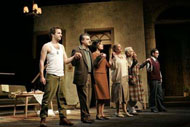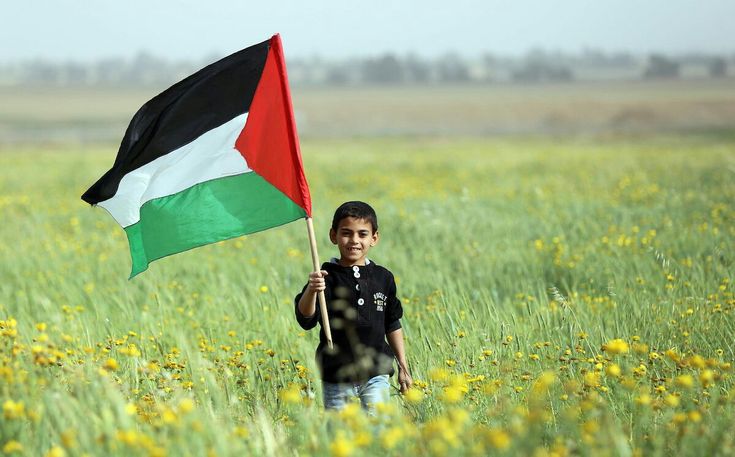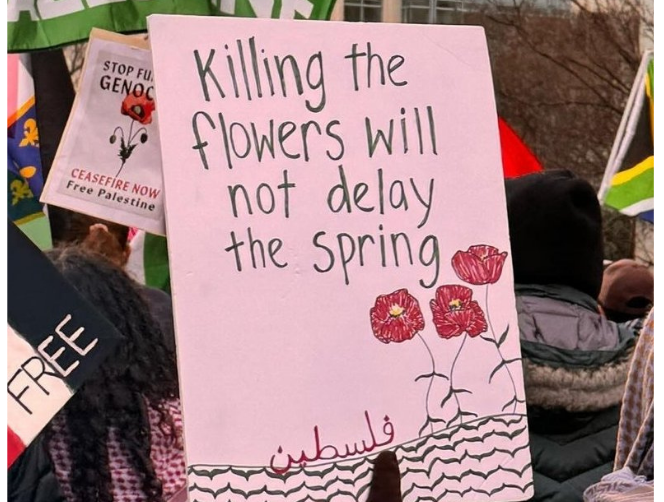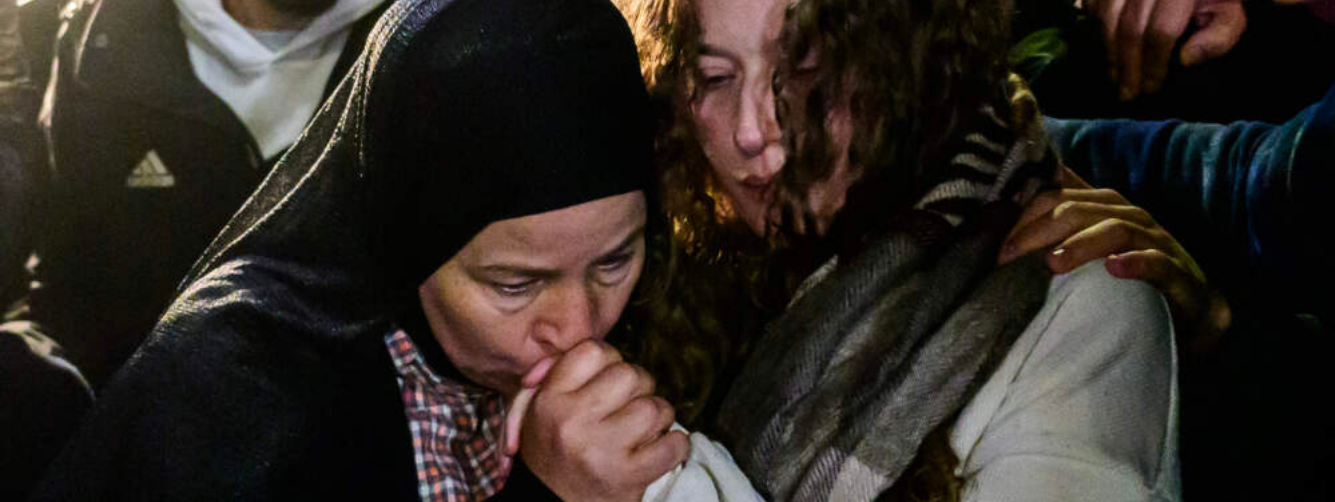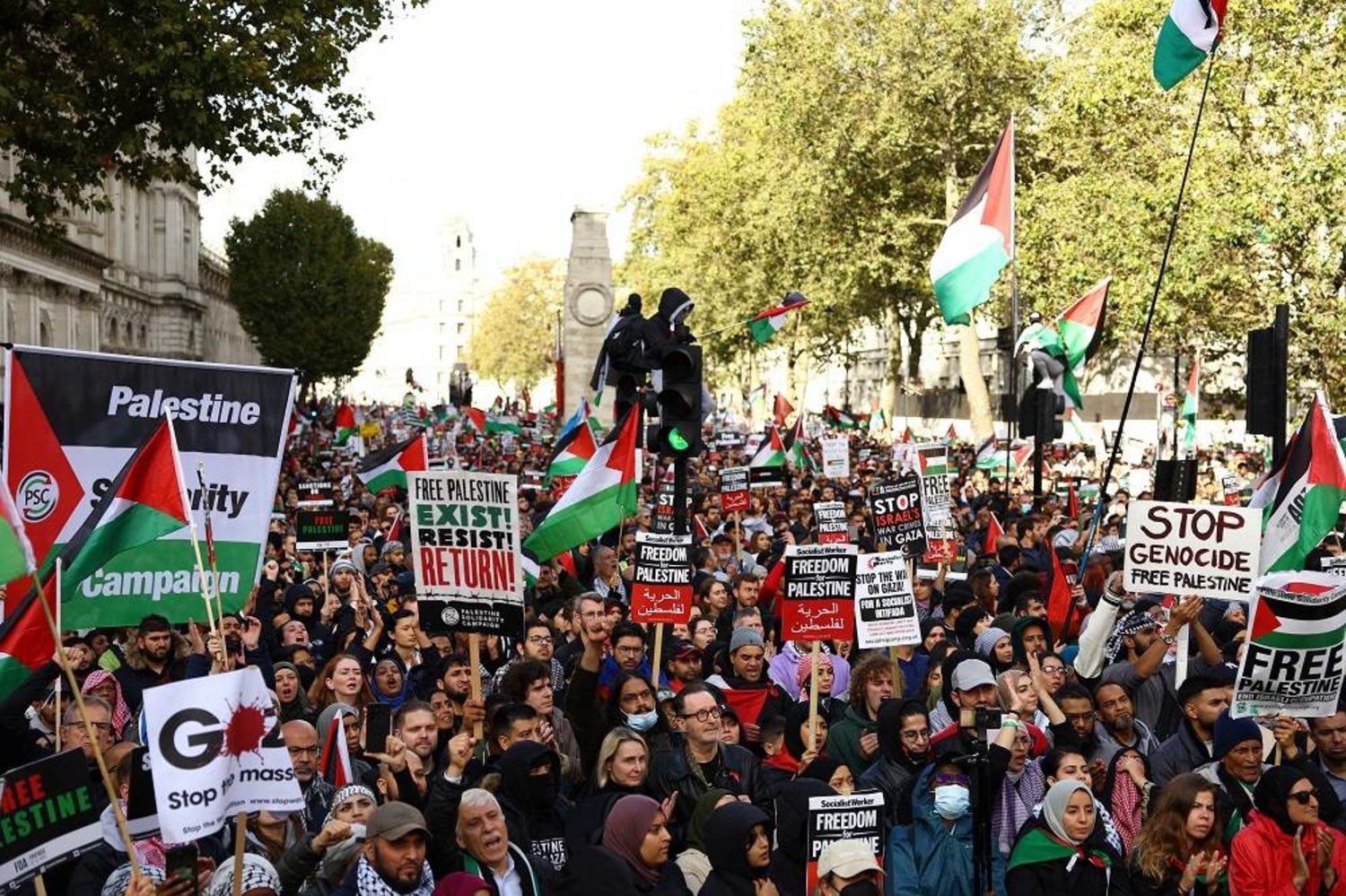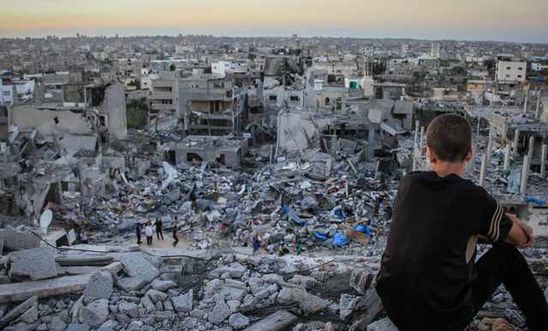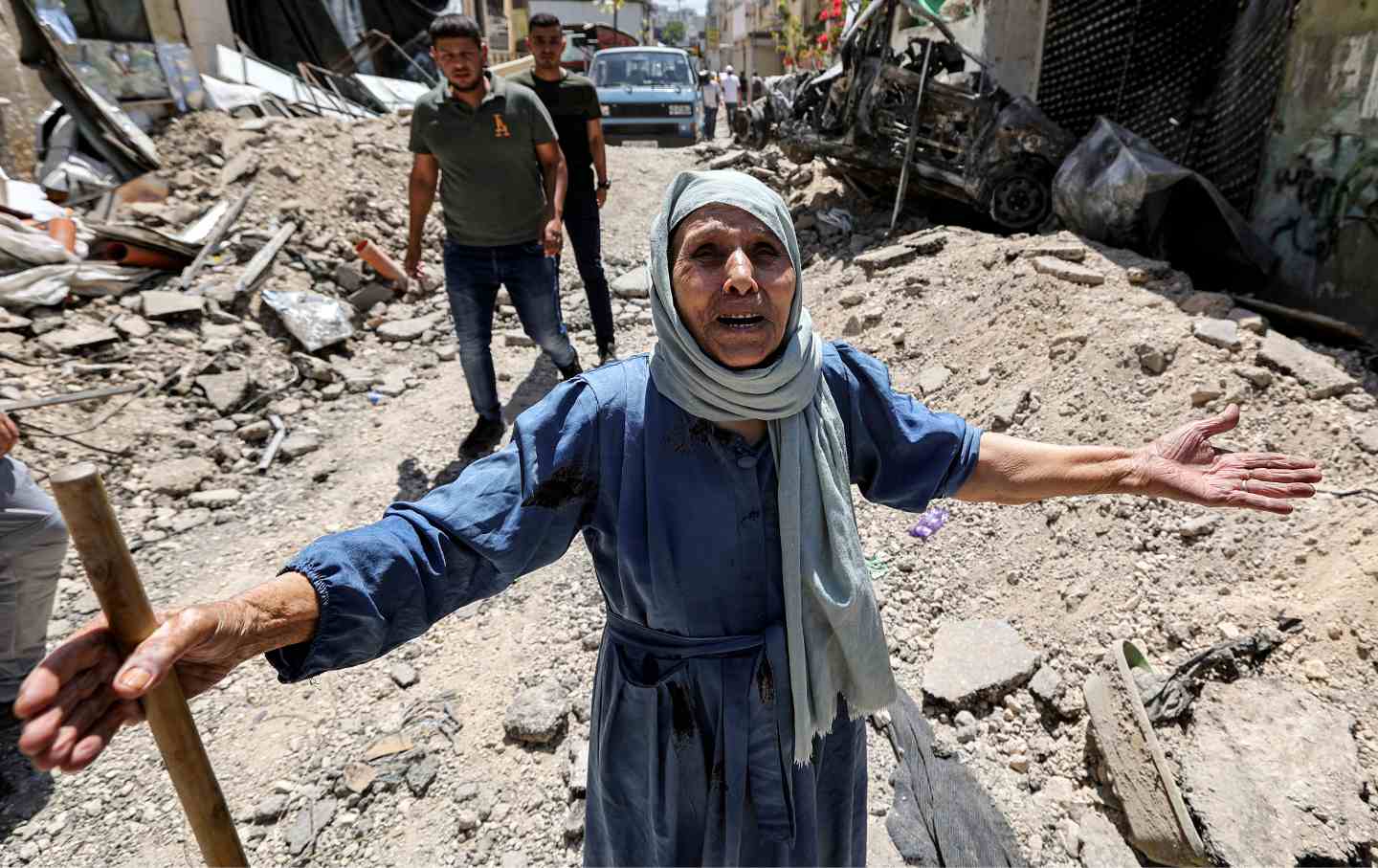Art, in all its forms, has always been an elevated expression of reality. Good art has the ability to see beyond the obvious and delve into the unknown, finding hidden secrets and human emotions not seen to the naked eye.
This week, a new play opened in Israeli theaters, which tells the story originally written by renowned Palestinian writer Ghassan Kanafani. The play, adapted by Israeli playwright Boaz Gaon, is based on Kanafani’s “Return to Haifa”, an emotionally-charged novella about a Palestinian family who, in their haste, left their baby son behind as they fled their war-torn city in the 1948 War. In 1967, the couple briefly returns to their home in Haifa and find that their son, Khaldun is now an Israeli soldier, taken in by the Jewish couple that occupied their home after Israel won the war.
In Kanafani’s work, the story ends with the despondent father proclaiming that only another war could rectify the wrongs of the past. In a poignant and impassioned soliloquy, Khaldoun’s (known now by his Israeli name, Dov) father seals the fate of what would prophetically become the Palestinians’ struggle for their right of return. “You can stay in our house temporarily,” he says to the Jewish inhabitants who now call his son their own. “This can only be settled by another war.”
Apparently, Israeli director, Sinai Peter felt this ending would be inappropriate for modern adaptation and ends the play with the two mothers embracing. Not coincidentally, in the Israeli-adapted play, the Israeli couple had just lost their own son in the Holocaust before finding the Palestinian baby in the abandoned house.
Political sentiments aside, the artistic effort should be applauded. For an Israeli artist to adapt a story written by Kanafani, assassinated in 1972 in Beirut and a spokesperson for the left-wing Popular Front for the Liberation of Palestine, is definitely a bold move. Right wing Israelis have already thrown punches at the play, saying Kanafani’s work should not be performed in Israel, calling the Palestinian literary a “terrorist and a killer.” However, according to press reports, the play, which opened in Jaffa on April 14, was met with an enthusiastic audience.
Whether the play is deemed a success or not is hardly relevant to the Palestinians. If the play aims to bring the understanding of each side closer to the other, then this is a goal which may or may not be achieved. The theater, a museum, a good novel or a painting always offers a brief escape from reality and sometimes allows us to ponder things we normally would not. So, if the Israelis come out of the play better understanding the suffering the Nakba inflicted on some 800,000 Palestinians forced to flee their homes in 1948, then its purpose has been met.
For the Palestinians, it is not about understanding the Jewish suffering depicted in the play, because they were not responsible for it. Palestinians were never held responsible for the Holocaust and should therefore not be made to pay the price for it. In terms of understanding, on the contrary, the Palestinians recognize the atrocities of the Holocaust just as much as any other people, if not more.
For the Palestinians, the issue at hand is embodied in a simple concept: recognition. The play has opened on the 60th anniversary of Israel’s independence, which concomitantly marks the 60th anniversary of Al Nakba, or the Catastrophe. In a matter of a few days, 800,000 Palestinians were made refugees, never to return to their homes. Today, there are some five million Palestinian refugees and their descendents living in exile, many stubbornly clinging to the rusty keys of their original homes.
Sixty years later, Israel has yet to acknowledge the injustice it inflicted on the Palestinians. For 60 years, the Palestinians have clung to the right to return to their homes, because this is just what it is: a right. Israel has not and probably never will accept that the Palestinians have this right and that they are single-handedly responsible for creating this ongoing catastrophe.
This is the gist of the matter. Israelis who sit in the theater and who watch in awe as a Palestinian mother and an Israeli mother, who raised the other’s son as her own embrace, may feel more compassion for the plight of the Palestinians. And this is a good thing, no doubt. As we said before, good art elevates us to places we dared not go before. Some may argue that this is how it all starts, with a handful of people who start to see a situation in a different light. A handful becomes a dozen, a dozen a hundred, a hundred a thousand and so on and so forth until a real change can happen.
In this situation, however, the occasion is the sore point itself. Palestinians cannot possibly congratulate Israel on its 60th anniversary when this anniversary symbolizes the cause for which they have been fighting ever since. In “Return to Haifa”, Khaldoun’s father does not give up, just postpones the fight. Modern day Palestinians are doing much the same. The right of return has, arguably, been put on the back burner of negotiations but the flame beneath it is far from extinguished. Palestinians may negotiate with Israel and concessions may be made, but as long as this injustice is not acknowledged, addressed and rectified, no solution will come to pass. Ghassan Kanafani understood this in 1969 when he wrote his novella and those Palestinians who speak nostalgically of their lemon trees in Haifa, Jaffa, Safad and the hundreds of other Palestinian areas now inside Israel, know this to be true even if they also know that those lemon trees are probably no longer standing, impersonal apartment buildings or wide highways built in their place.
Good art is something that should be appreciated irrespective of our nationalities or our patriotic sentiments. The play, “The Return to Haifa” should be appreciated if it is artistically worthy. In terms of Palestinian-Israeli sentiments, it may open the door to a broader understanding of the human suffering endured, if that is what the audience chooses to take away. Kanafani’s original work did not ignore the attachment of the Jewish family to the Palestinian child. He also knew that the bond between them could not be broken merely because the blood flowing through the boy’s veins was Palestinian.
But on this 60th reminder of the disaster that befell the Palestinians and which they are still enduring, let us also offer a reminder that without recognition of the terrible injustice done to the Palestinians – symbolized by Kanafani’s novella – art alone will never make it right.
Joharah Baker is a Writer for the Media and Information Programme at the Palestinian Initiative for the Promotion of Global Dialogue and Democracy (MIFTAH). She can be contacted at mip@miftah.org.




